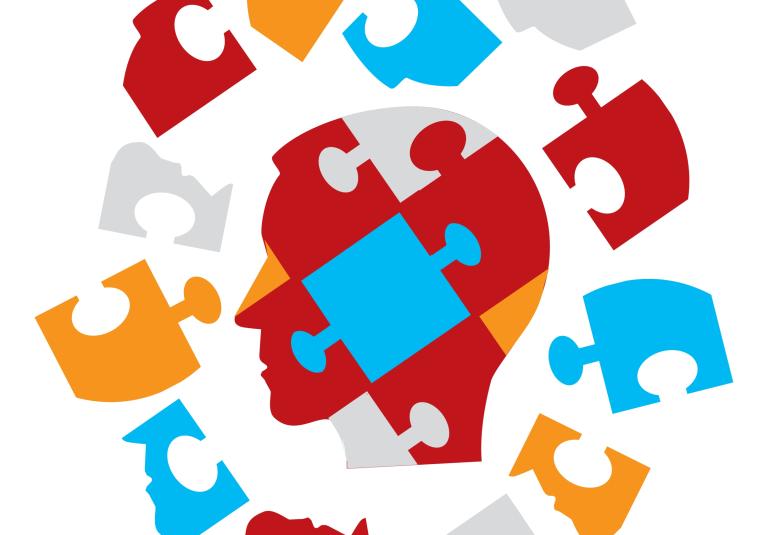Risk of major depression passes down the generations, according to 38 year follow-up of US families. Increased risk is evident even in the third generation, but most notably when both parents and grandparents have had the disorder. On a positive note, treating a mother’s depression to remission improves the prospects for her offspring.
Early and rigorous treatment of major depressive disorder (MDD) in mothers can improve symptoms of depression in their offspring and so help break the cycle of transmission from generation to generation, Myrna Weissman (Columbia University, New York, USA) told APAAM 2021 in a lecture delivered when accepting the Association’s annual Award for Research.
Working with her husband, Gerald Klerman (who died in 1992), Professor Weissman developed Interpersonal Psychotherapy (IPT) as an effective, evidence-based tool for the treatment of depression.1
The 2021 Award also acknowledged her major contribution to our understanding of MDD through the study of high-risk families who have now been followed for three generations and over 38 years.
MDD risk was highest in children when both their parents and their grandparents had been affected2
Risk of MDD triples in children of high-risk families
In an earlier follow-up that spanned two generations, the risks for MDD, anxiety and substance use disorders among 151 offspring of parents with depression were three times higher than among the children of low-risk families drawn from the same community in New Haven, Connecticut.3
At this stage, higher mortality among the offspring of depressed parents was beginning to emerge, and this has now been confirmed at 38 year follow-up. The mortality rate among the offspring of high-risk families is 8.8 per 100, while that in low-risk offspring is 3.8. Deaths from suicide, overdose and accident made a major contribution to the excess mortality, Professor Weissman noted.
But two encouraging features emerge from these longitudinal data. The first is that the risk of MDD extending from affected grandparents into a third generation is attenuated if the second-generation parents are not themselves depressed.2 MDD risk was highest in children when both their parents and their grandparents had been affected.2
Remission of a mother’s depression decreases psychiatric symptoms her children4,5
Maternal depression is a modifiable risk factor
Secondly, it seems possible to break the cycle of transmission from one generation to another by effective treatment of affected parents.
The STAR*D-Child sub-study of the larger trial of sequential antidepressant therapy showed that achieving remission of mothers' depression decreases problem behaviors and psychiatric symptoms in their children over the following year.4 Children whose mothers reached remission within the first 3-6 months of treatment showed the greatest benefit.
A mother’s improvement helps the child. And this effect is seen both when remission is achieved by medication and when it is achieved by psychotherapy,5 said Dr Weissman.
Interpersonal Psychotherapy is now widely used across the globe, including rural Uganda, where a cluster-randomized trial showed a group-based approach was highly beneficial in reducing symptoms and dysfunction.6 An IPT manual published by the WHO is available many languages.7
Our correspondent’s highlights from the symposium are meant as a fair representation of the scientific content presented. The views and opinions expressed on this page do not necessarily reflect those of Lundbeck.




